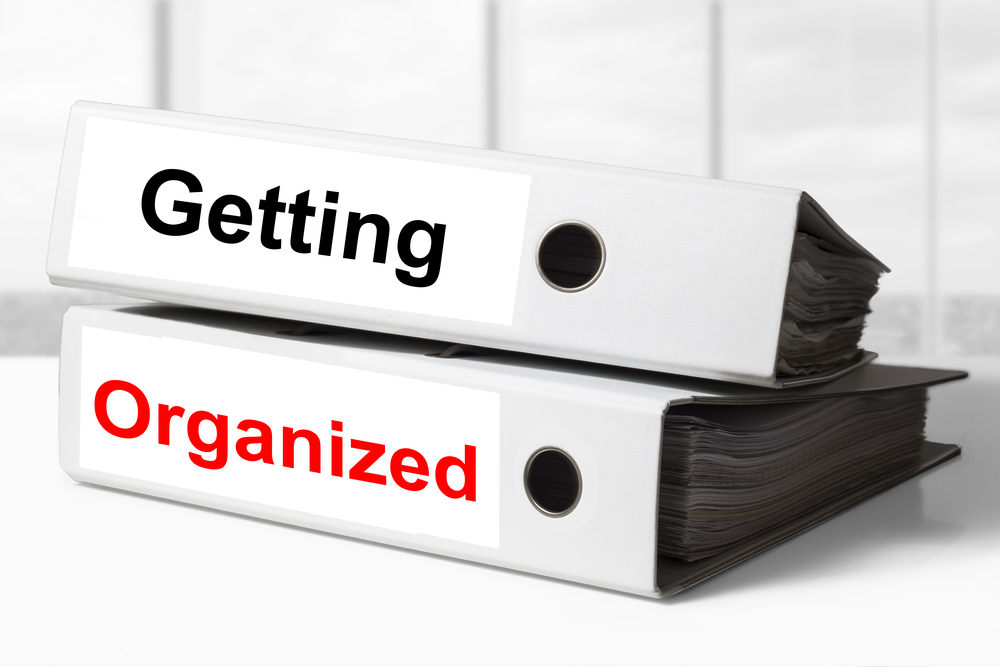You might take steps to list everything you can inside your estate, but it’s still possible to leave items out. When you’re working to help administer someone else’s estate or thinking ahead about your own, it could be the case that not every asset is accounted for in a trust or a will.

Some assets won’t ever fit inside those estate plan vehicles anyways. These include life insurance plans, individual retirement accounts, and 401(k) plans. It’s all too easy to forget something like a former spouse still being listed as the beneficiary on a life insurance policy.
In the U.S., we’re seemingly adding new assets to our estate all the time, especially when it comes to digital materials. You’ve got photos, online accounts, and plenty of passwords stored up in your computer. But have you thought about who will have access to those if you pass away?
Most people’s first thought when they acquire something new or start a new online account is not to add it to their estate plan. But sitting down once every six months or at least once a year gives you a clear chance to review everything you have and to determine if you need to update any of your other materials.
A lawyer can be essential in helping you walk through this process so that you can avoid some of the most common pitfalls and ensure that you’ve done as much as possible to make things easier for your loved ones.
When it comes to the fluid process of estate planning, you don’t have to put all the hard work of asset tracking on your own. Be prepared regular updates so that you get the peace of mind that your loved ones will be set up for their own future thanks to your hard work.











